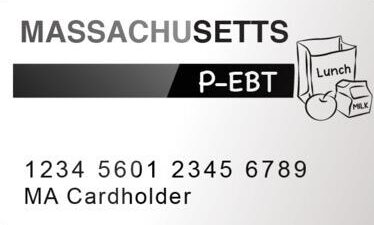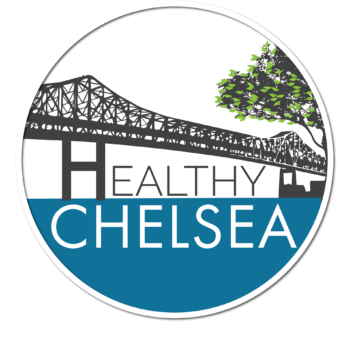
the Healey-Driscoll Administration announced that Massachusetts has received federal approval to continue Pandemic EBT (P-EBT) benefits covering school year 2022 – 2023 and summer 2023. P-EBT is a federal child nutrition program created during the COVID-19 public health emergency to promote increased food security for students eligible for free or reduced-price school meals through the United States Department of Agriculture’s National School Lunch Program (NSLP) who missed school due to COVID-19. This is the last round of school year and summer P-EBT food benefits following the end of the federal public health emergency on May 11.
P-EBT in the Commonwealth is jointly administered by the Department of Transitional Assistance (DTA) and the Department of Elementary and Secondary Education (DESE), in collaboration with local school districts.
“Massachusetts continues to lead in food security through initiatives that directly provide families with the funds to buy groceries that meet their nutritional and cultural needs,” said Health and Human Services Secretary Kate Walsh. “Not only does this P-EBT plan approval promote food security for nearly 500,000 students and their families, but it also supports our local grocery stores, corner stores, farmers, and their employees.”
“Food security is essential for the health and wellbeing of our students—and that need doesn’t end just because the school year does,” said Education Secretary Patrick Tutwiler. “I’m grateful that DTA and DESE are able to work with Massachusetts’ local school districts to connect families and communities to these critical food resources this summer.”
Eligible K-12 families will receive a retroactive P-EBT payment on June 25 for COVID-19-related school absences that occurred September 2022 through May 11, 2023. Amounts depend on the number of COVID-19-related excused absences accrued in a month as reported by school districts:
- 1-5 absences: $25 a month per student
- 6-15 absences: $82 a month per student
- 16+ absences: $147 a month per student
In addition, an estimated 475,000 school-age children and their families will receive $120 per student in one Summer P-EBT payment on July 25. K-12 students are eligible for Summer P-EBT if they were eligible for NSLP either during the school year or the covered summer period. Students are eligible for NSLP if they are or were enrolled in SNAP, TANF, eligible categories of Medicaid, or if the school they attended participates in a specific program for high-need areas. Students previously ineligible for free or reduced-price meals may submit a school meal household application to reassess their potential eligibility no later than August 1 to qualify for summer P-EBT. Interested families must contact their school district to obtain an application.
“Families with children are one of the populations most impacted by federal SNAP Emergency Allotments ending. P-EBT has been a highly successful food resource for families. I am grateful that Massachusetts is able to provide additional benefits to these families at a time of high food prices, and for the months subsequently following the end of the extra federal and state SNAP benefits,” said DTA Acting Commissioner Mary Sheehan.
“We’re glad to help provide this additional food support to eligible families whose children missed school for COVID-related reasons,” said DESE Commissioner Jeffrey C. Riley. “I’d like to thank DTA and school districts for their work connecting families with this support throughout the pandemic.”
Families will continue to receive P-EBT on the same card they did in the past. Households who lost their P-EBT card can request a replacement card. Newly eligible students will receive P-EBT benefits on their EBT card if they receive DTA benefits or will be mailed a P-EBT card if they do not receive DTA benefits.
Learn more about P-EBT at MAp-EBT.org.
Visit Mass.gov/ExtraCOVIDSNAP to learn more about the extra state-funded SNAP and how households can get the most out of their regular monthly benefits, as well as find other resources available.

